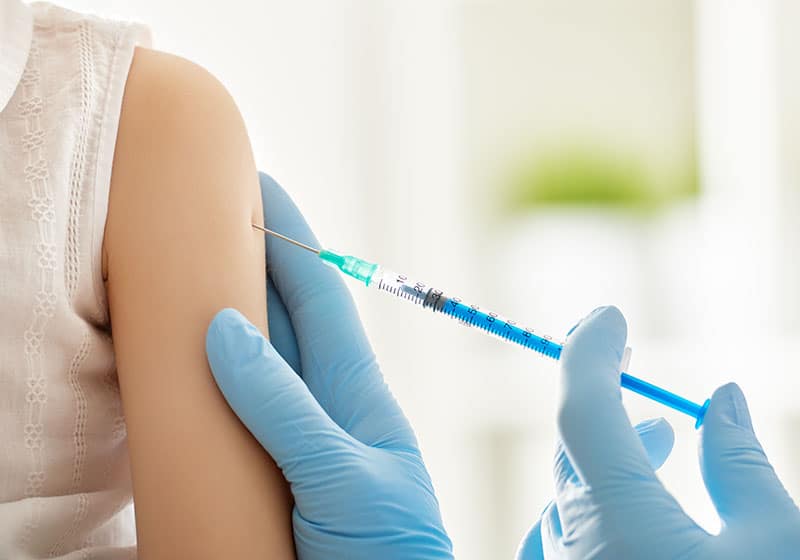Global hopes of overcoming the coronavirus pandemic were boosted Monday after a second vaccine was found to be nearly 95% effective in a trial, bringing much-needed optimism to a world facing surging infections and grueling new restrictions.
The news from the US biotech firm Moderna comes after similar results were announced last week for a vaccine candidate developed by pharma giant Pfizer and its German partner BioNTech.
Major stock markets surged Monday in response, building on a boom sparked by the Pfizer news one week ago.
Moderna, whose results stem from a clinical trial of more than 30,000 participants, expects to have approximately 20 million doses ready to ship in the US by the end of the year.
Yet with widespread availability of any vaccine still a long way off, governments around the world are clamping down with unpopular but life-saving restrictions on free movement, gatherings and business.
Globally, infections have soared past 54 million with more than 1.3 million deaths, and experts caution there are still difficult and dangerous months ahead.
“A vaccine on its own will not end the pandemic,” warned World Health Organization head Tedros Adhanom Ghebreyesus.
Supply will initially be limited to health care workers and other vulnerable populations, which could offer major help to hospital systems but will “still leave the virus with a lot of room to move,” he said.
British PM isolating
In hard-hit Europe curbs have returned — often in the face of protests — from Greece to Britain, where PM and Covid-19 survivor Johnson was self-isolating out of precaution Monday after coming into contact with an MP who later tested positive for the virus.
Johnson said he would lead the virus response from Downing Street despite the fact “that I’ve had the disease and I’m bursting with antibodies” after being hospitalised in April.
Sweden, which has drawn attention for a softer approach to combatting the virus, decided Monday to ban gatherings of more than eight people for the first time.
“It’s going to get worse. Do your duty and take responsibility for stopping the spread of the virus,” said Prime Minister Stefan Lofven.
And in Germany, which began a new round of shutdowns earlier in the month, Chancellor Angela Merkel was pushing for tighter measures such as masks in all schools and smaller class sizes.
Outside work or school, contact between people should also be “restricted to those from another fixed household”, under a proposal from Merkel’s office due to be put to regional leaders.
While new cases are plateauing in Germany, daily numbers, officials say, are still too high.
US reeling
Infections in the United States, the world’s worst-hit nation, show no sign of relenting after one million new cases in less than a week pushed the total number past 11 million.
The spikes have prompted new curbs in various states while experts warn families against large gatherings for the upcoming Thanksgiving holiday.
A stay-at-home advisory was to come into force Monday in the country’s third-biggest city Chicago, while New York, the epicentre of the spring outbreak in the US, is also trying to flatten a second curve.
President Donald Trump has been blamed for further complicating efforts by refusing to concede and cooperate with President-elect Joe Biden’s transition team.
Responding to the Moderna vaccine news on Twitter, Biden hailed the breakthrough as hopeful but called for continued “social-distancing and mask-wearing” in the meantime.
Trump, on other hand, tried to take credit for the advancement.
“Please remember that these great discoveries, which will end the China Plague, all took place on my watch!”, Trump wrote.
Australian cluster
Concerns of a resurgence also remain in parts of the world that have largely brought their caseloads under control.
Australia’s Adelaide, which had not seen a significant outbreak in seven months, reported that a new cluster of 17 cases were linked to a hotel used to quarantine travellers returning from overseas.
Authorities snapped back a roster of restrictions and suspended international flights into Adelaide.
In Hong Kong, the government further tightened restrictions from Monday on the number of people in bars and restaurants, to guard against a spike.
And Algeria, facing its own surge of infections, announced new restrictions Sunday that close sport and cultural centers as well as beaches.






